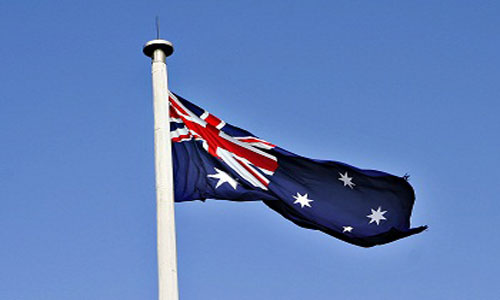In a study done by Professor Andrew Markus of Monash University which was sponsored by the Scanlon Foundation, it has been found that immigrants to Australia are arriving from diverse countries and cultures, and that they are different in the levels of satisfaction that they feel with their lives in their new and adopted country. The study titled ‘Mapping Social Cohesion Research’ is the largest of its kind and has studied ‘social cohesion, attitudes to immigration and cultural diversity‘. According to the study, immigrants (about 60% of them) typically tend to take up multiple identities with many of them taking up identities such as ‘being a world citizen’, ‘being an Australian’, and also ‘being a citizen of their native country’.
The study also concluded that Indians and Sri Lankans were most likely (75% of them) to identify themselves as being Australian, while those from New Zealand (32%) least likely to do so. These differences in the different people of varying countries identifying themselves differently was, the study concluded, because of multiple and many reasons including such reasons as the communications revolution brought about technologies such as mobile phones. The study’s more elaborate title was along the lines of ‘Survey of Recent Arrivals comprising 2300 respondents, focusing on those skilled and highly educated migrants who had arrived during the years 1990-2010 with a special focus on the type and nature of communication with their native countries, and present engagement with Australian society and identity’.
Another important and significant statistic of the study was that most immigrants, about 81% of them, were happy about their new lives in Australia. Also, some70% of the new immigrants were/are in frequent contact with their friends and relatives abroad. But, according to the study’s conclusion this is by no means an indicator of the result in disengagement with the country or its society and people.

